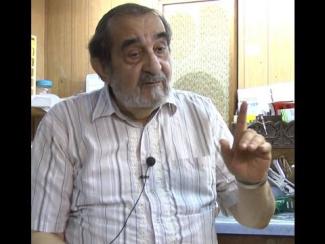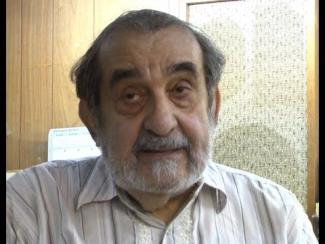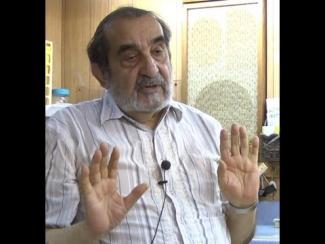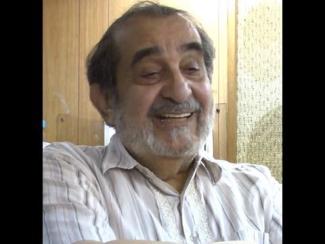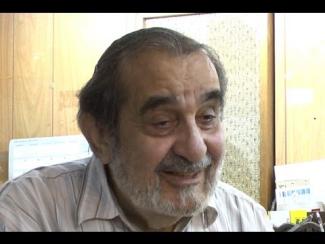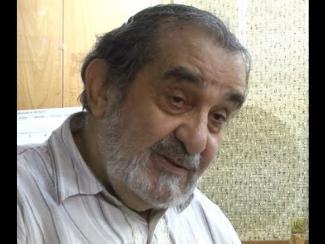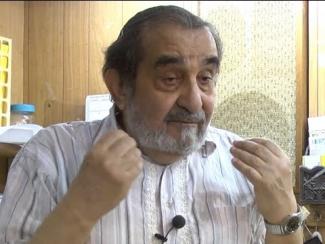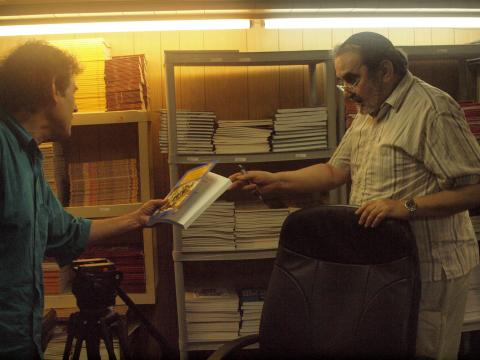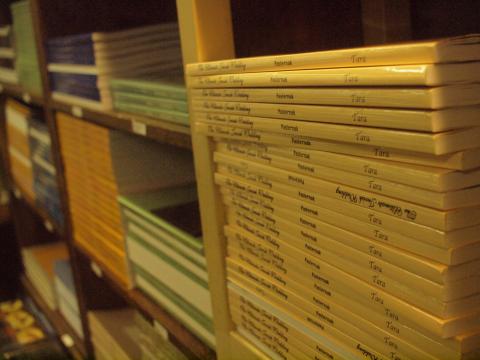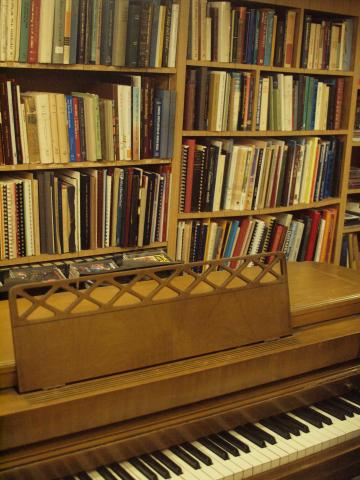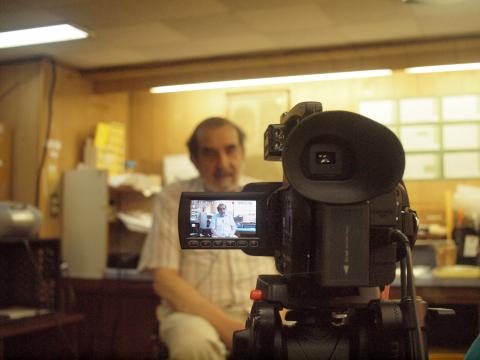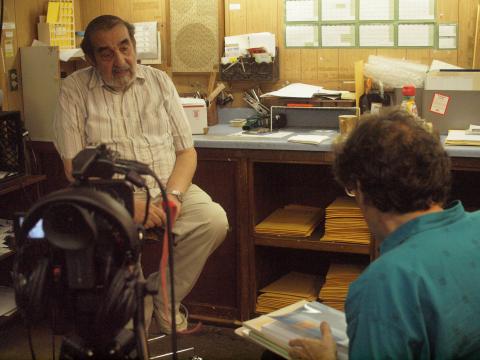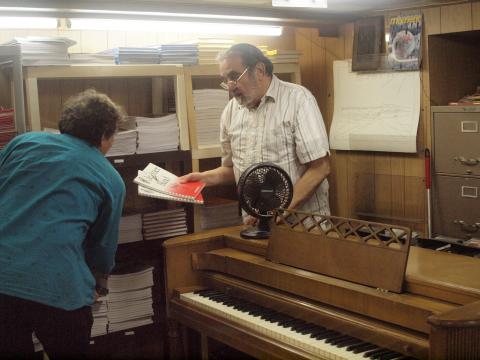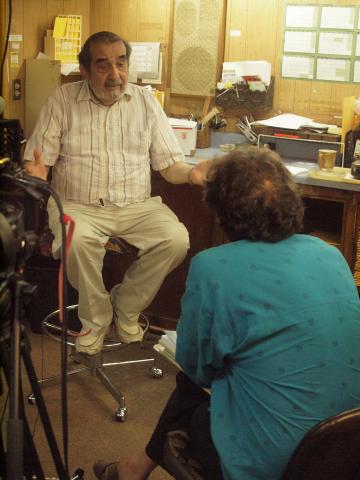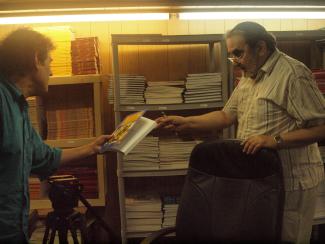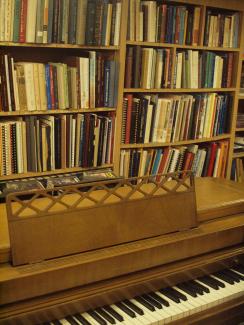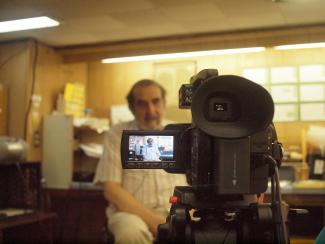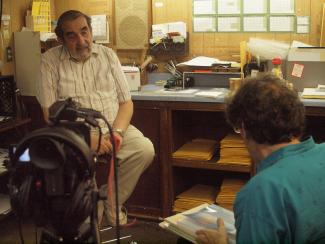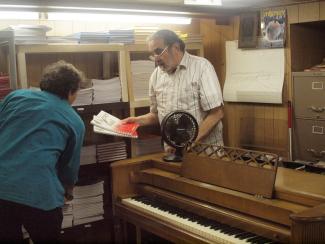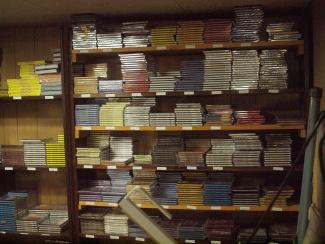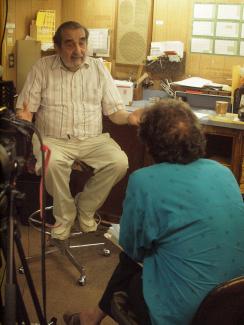The Yiddish Book Center's
Wexler Oral History Project
A growing collection of in-depth interviews with people of all ages and backgrounds, whose stories about the legacy and changing nature of Yiddish language and culture offer a rich and complex chronicle of Jewish identity.
Velvel Pasternak's Oral History
Velvel Pasternak, z"l, musicologist, composer, arranger, conductor, and major publisher of Jewish music, was interviewed by Hankus Netsky at his home in Cedarhurst, NY on August 15, 2011. Velvel, born in Toronto, Ontario in 1933, could play piano by ear from a very young age. As a teenager, he travelled to New York City to attend Yeshiva University High School for Boys and then Yeshiva College. He was planning to go to rabbinical school until he encountered a music professor who was willing to prepare him to apply for Juilliard in exchange for accompanying him back and forth to a bar after his lessons. Finding the program at Juilliard too focused on Christian music, Velvel transferred to Columbia where he studied music education. His first job was at the Brandeis School in Long Island where he was asked to change his name because a popular ventriloquist's dummy on television was named "Velvel". Velvel describes how he got involved in providing Jewish music for bands playing at Jewish weddings. This led to him compiling songs in several books starting with "Songs of the Chasidim" and forming a company called "Tara Publications." They now carry a vast trove of book titles and sheet music including Israeli, liturgical, klezmer, folk, nigunim, and world music. Velvel also began recording Hasidic, cantorial, and Jewish children's music. He talks at length about recording Hasidic music and some of the challenges and joys associated with that endeavor. Yiddish was Velvel's first language. He remembers being sent home from public school because his teachers did not approve of the kheyder-influenced sing-song intonation they heard in his English. Velvel's company survived because they handled almost all aspects of the process in-house. He talks about the subtleties of using artwork or reprinting music already in the public domain. His work has been transformed because one can now print on demand rather than trying to guess what will sell. Some of his products do not make money but are useful for researchers to have available. Grant money for this sort of work is generally not available and he has in the past donated books of music to university libraries. Velvel rejects an offer to sing during the interview but does identify his two favorite accomplishments: Modzitzer Favorites Volumes I and II. He tells a funny story about sending Vladimir Heifetz, a secular Jew, to hear the Satmar and Chabad Hasidim sing the nigunim that they were including in these compilations. Velvel talks about the music he learned in childhood and how the Modzitz rebbe foresaw the importance of Jews having a developed musical repertoire to draw on once they had a state of their own. Velvel and the interviewer have a friendly argument about the provenance of a well-known tune. He ends the interview talking about his many wonderful years as the music director of Camp Brandeis-Bardin.
This interview was conducted in English.
Velvel Pasternak was born in Toronto, Ontario, Canada in 1933. Velvel died in 2019.

